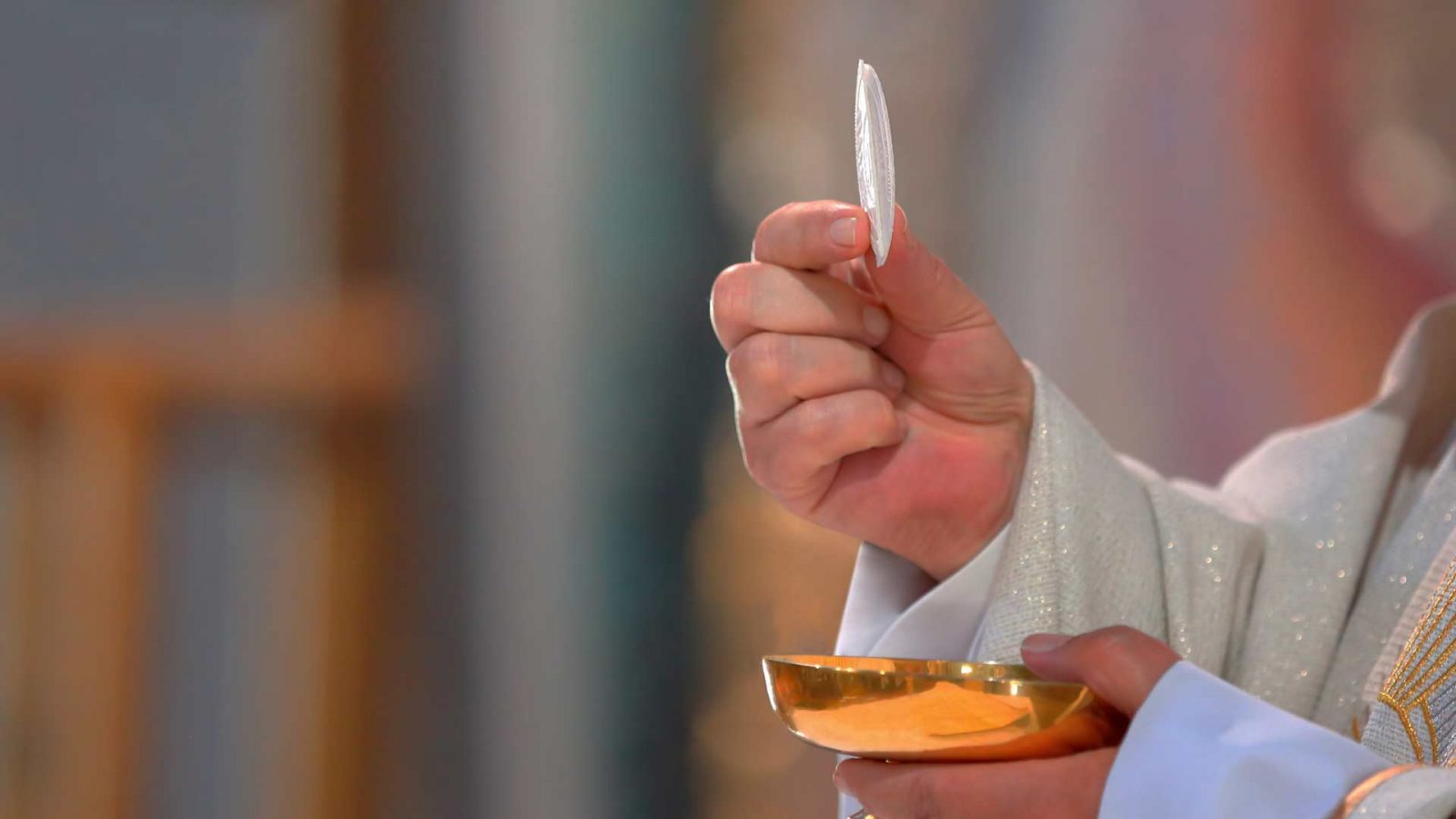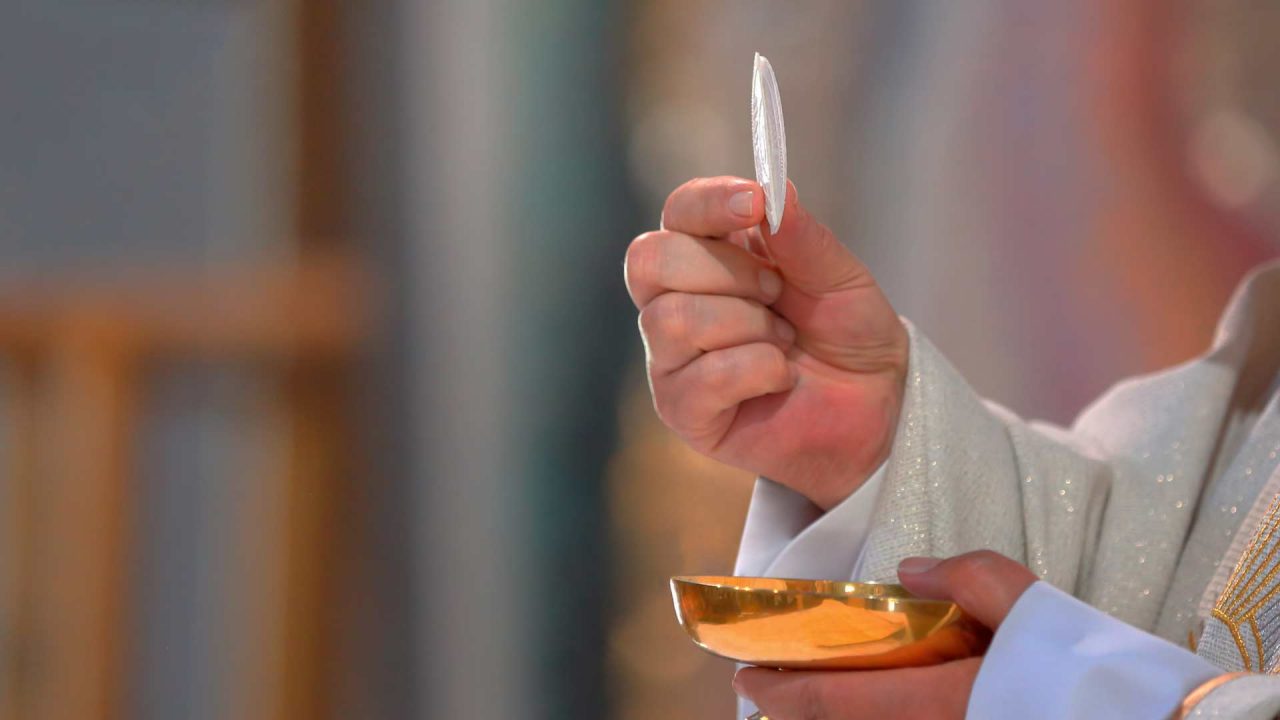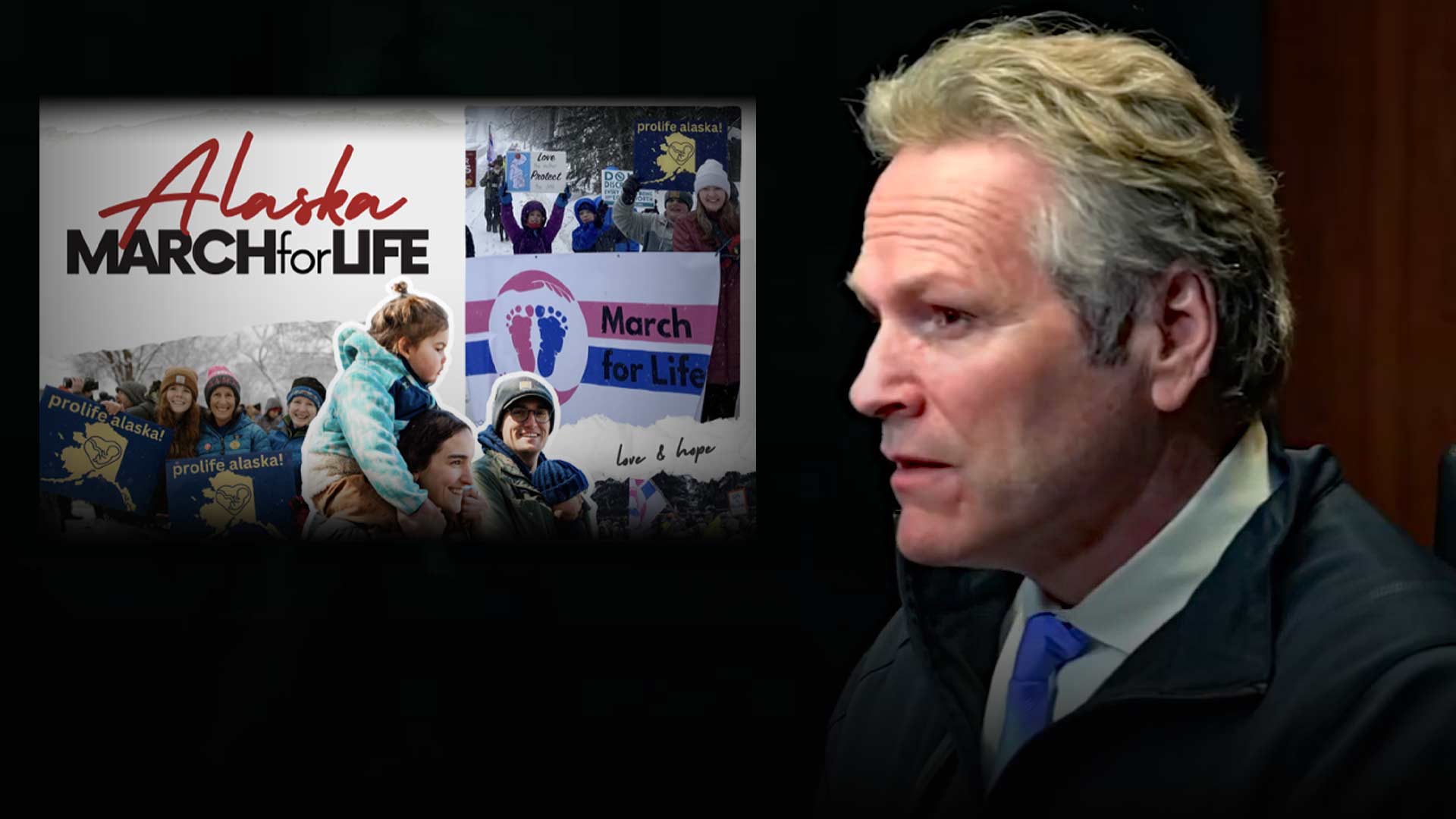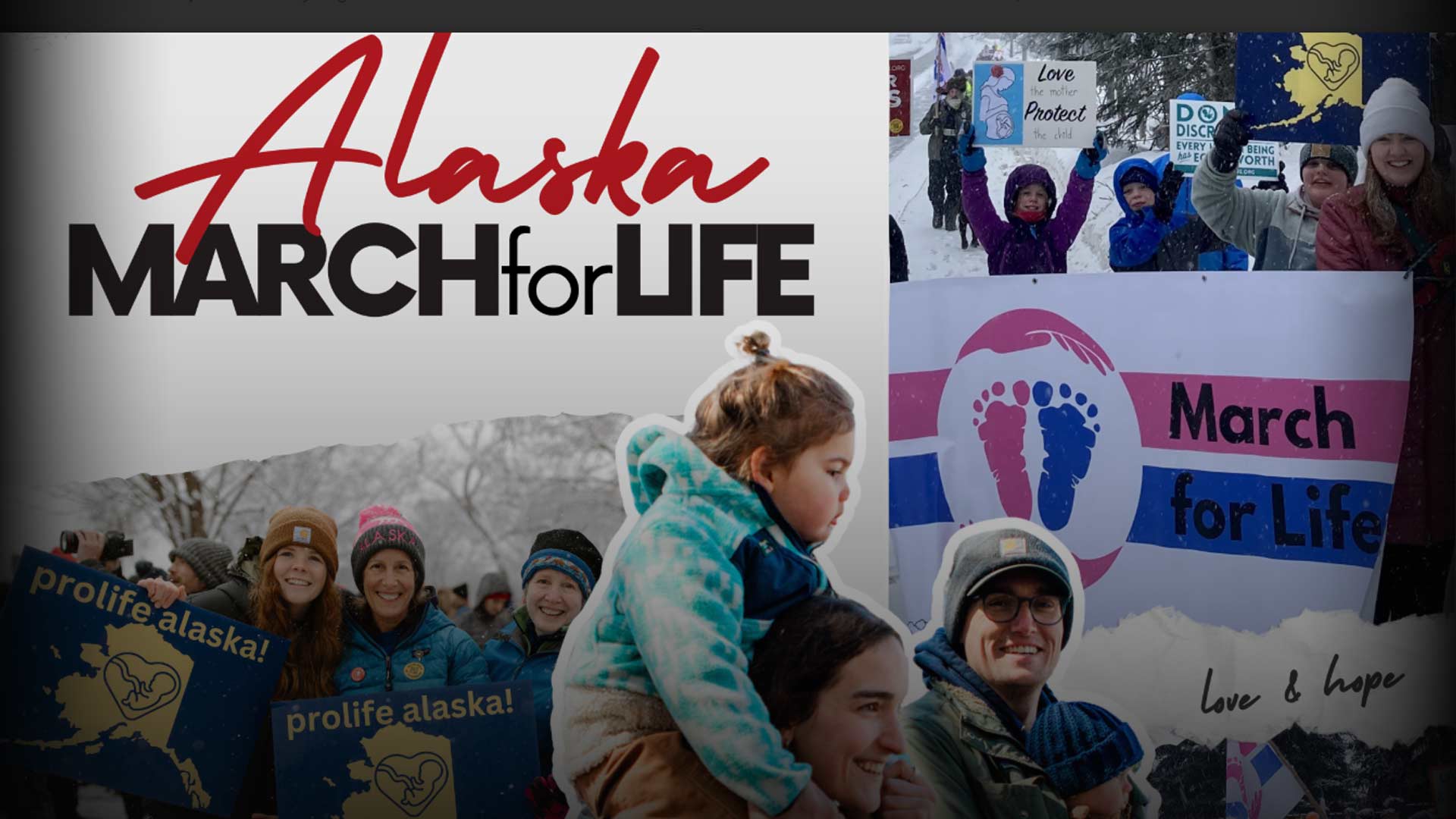
Catholics comprise the single largest religious group in Alaska, and parishes across the state have implemented measures to combat the potential outbreak of coronavirus. While there are still no known cases in Alaska, bishops overseeing churches in the Fairbanks, Anchorage and Juneau areas have issued guidelines to more than 80 communities in an effort to protect parishioners.
The Anchorage and Juneau dioceses, which include more than 40 churches and mission are being asked to refrain from shaking hands during the sign of peace and to suspend holding hands during the liturgy. Additionally, Communion via the chalice will temporarily be halted. Similar measures have been implemented in the Fairbanks Diocese, which contains 47 parishes and missions.
Nationally, churches around the country are implementing hand sanitation stations and encouraging the sick to stay home.
“We all hope and pray that these health threats will pass soon, at which time the above precautionary measures will be lifted,” said Juneau Bishop Andrew Bellisario, who currently oversees both the Juneau and Anchorage dioceses.
In a letter to the Anchorage Archdiocese he asked the faithful to “pray for those who are suffering in the current outbreak of sickness that they might be healed and for the repose of all who have died from this sickness in recent weeks.”
ALASKA WATCHMAN DIRECT TO YOUR INBOX
Fairbanks Bishop Chad Zielinski also asked Catholics to pray for those working with the sick, as well as medical professionals seeking to stem the spread of the disease.
“Amidst any challenge, sickness or suffering, may we unite this to the Passion of Christ, our Lenten focus,” Zielinski said in a letter to parishes. “May our ongoing prayers unite us more closely with one another and with Christ.”
Nationally, churches around the country are implementing hand sanitation stations and encouraging the sick to stay home.
“The virtue of charity, which encourages us to care for our brothers and sisters, would demand that we do what is in our power to prevent others from becoming ill,” Bellisario’s letter concludes. “It is a sign of respect to refrain from attending Mass or, in fact, doing anything that might put others at risk if one is sick.”







